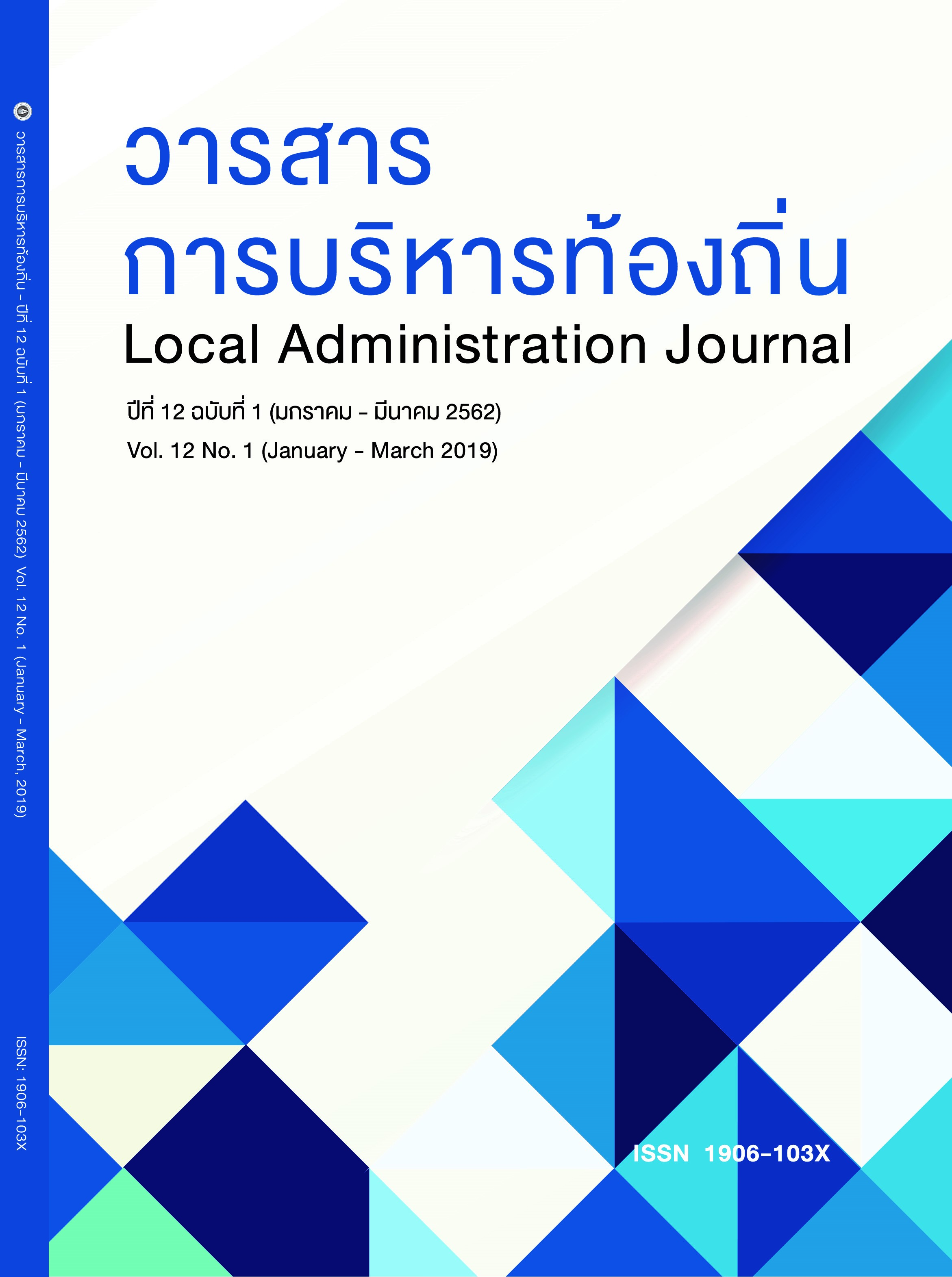Towards Gender and Intergenerational Inequalities in the Japanese Social Welfare System
Keywords:
Welfare State, Social Welfare, Inequality, JapanAbstract
Social welfare is crucial for people who live in the capitalized world. Japan is also one of advanced capitalist welfare states. Nonetheless, even there are many universal advanced social welfare schemes, but Japan has been facing challenges and precarious issues on its welfare system. Therefore, the main objective of this paper is to examine on the intergenerational issues and gender inequality in Japanese social welfare system under the theoretical framework of welfare state, by using the documentary research as a main methodology. The results show that even Japan has universal progressive welfare programs, but there are conspicuous issues on gender division of labor and inequalities within its employment system. The Japanese-style welfare society, lifetime employment system, and family patterns cloud also apparently display on the issues of gender and intergenerational inequalities in Japanese social welfare system.
Additional Files
Published
How to Cite
Issue
Section
License
The copyright of all articles published in the Local Administration Journalis owned by the College of Local Administration, Khon Kaen University.



